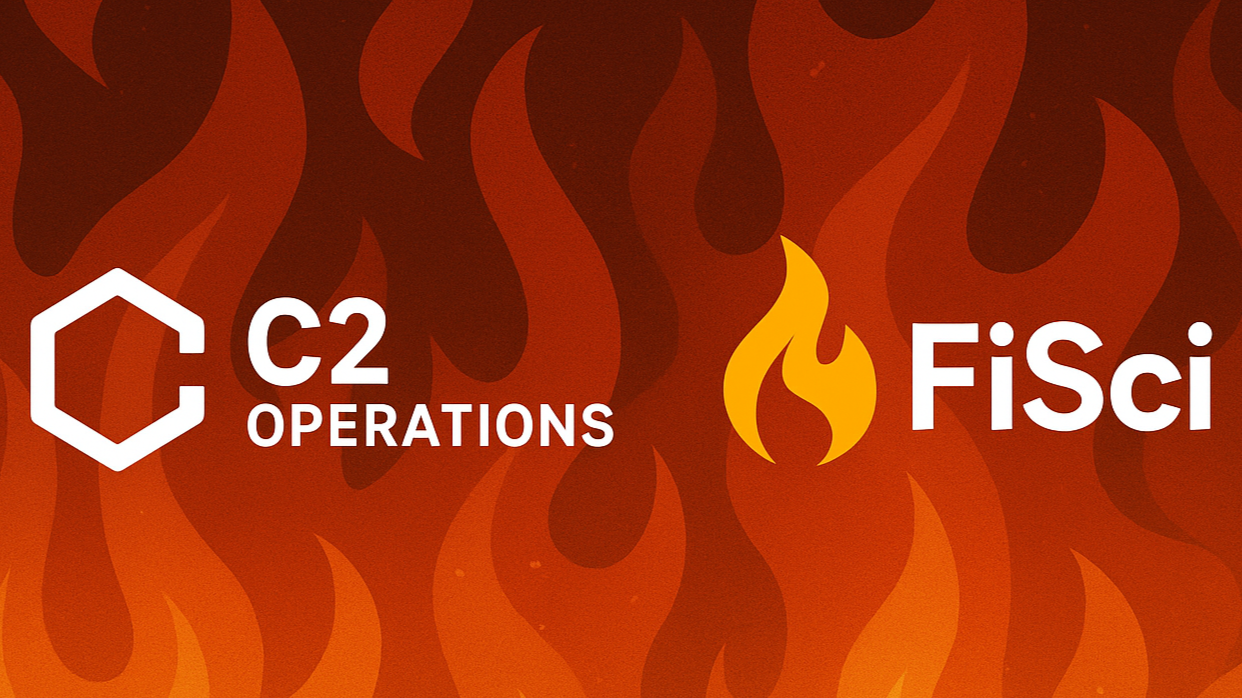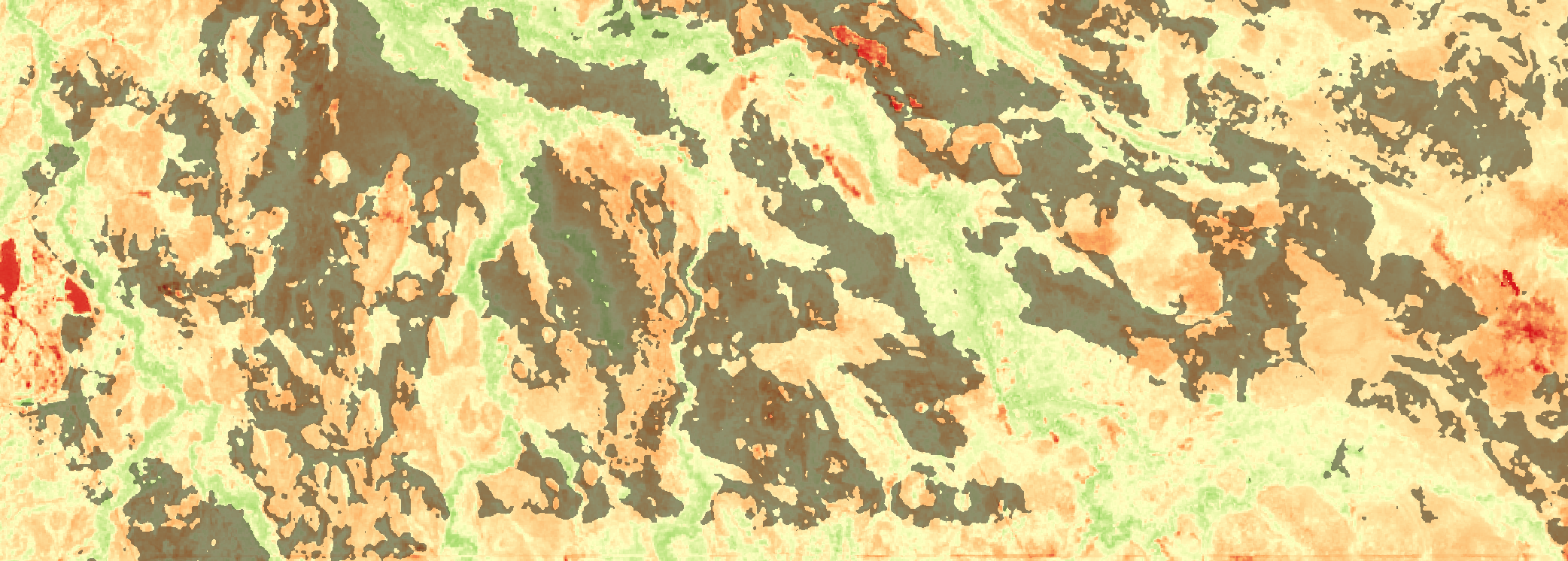

FiSci Announces Strategic Partnership with C2 Operations and Welcomes Simon Davis to Advisory Board
FiSci proudly welcomes Simon Davis to the FiSci advisory board.


FiSci's Fiery Precision: How a Drive Down the Stuart Highway (and Google Street View!) Reveals Unprecedented Fire Scar Accuracy
In this blog post, we take you on a journey down the Stuart Highway in Australia’s Northern Territory to showcase the power of FiSci Detect — our AI-driven fire scar detection tool. Using 10-metre resolution satellite imagery and an unexpected partner in Google Street View, we demonstrate how Detect offers unparalleled accuracy in mapping fire scars — down to individual trees and firebreaks.
This case study reveals how advanced deep learning models, validated with ground-level imagery, can transform bushfire assessment and planning. With precise, up-to-date insights, FiSci Detect empowers our users to make smarter, safer decisions when it comes to fire mitigation and landscape resilience.

From Insight to Action: Prescriptive Analytics in FiSci’s Mitigate Tool
Prescriptive analytics turn insight into action. We explore how FiSci’s Mitigate tool enables users to design, test, and implement bushfire treatment strategies such as prescribed burning, mechanical clearing, and grazing. By leveraging predictive models, users can plan with confidence—optimising risk reduction across both the short and long term.

Modelling Risk Before Fire Strikes: Predictive Analytics in FiSci’s Mitigate Tool
Predictive analytics give land managers the power to see what’s coming. We explore how FiSci’s Mitigate tool helps users simulate fire spread, assess risk sources and hotspots, and test fire scenarios based on changing weather and fuel conditions — turning data into foresight for smarter, faster fire planning.

Understanding Descriptive Analytics in Bushfire Mitigation
Descriptive analytics are the foundation of bushfire risk planning. In this post, we explore how FiSci’s Mitigate tool helps users understand the landscape through vegetation mapping, fire history, fuel loads and terrain — and why these baseline insights are essential before moving into predictive or prescriptive decision-making.

Fuelling Resilience: Lessons from Wildfires Past and Present
The catastrophic wildfires that are currently ravaging Los Angeles serve as a sobering reminder of the growing risks posed by wildfire. This devastating incident has not only caused significant loss of life and property but also inflicted long-term environmental and economic damage. As we confront these challenges, it is vital to explore and implement effective mitigation methods that can help reduce the risk of similar events occurring worldwide.

From Machine Learning to Wildfires: My Unconventional Path to FiSci
My journey to becoming a firefighter and founding a fire-tech company has been anything but typical. It's a story of unexpected turns, fuelled by a passion for technology and a deep-seated desire to make a meaningful impact. It all began with a fascination for the then-emerging field of artificial intelligence. I pursued a PhD in machine learning, immersing myself in algorithms and data analysis long before AI became the ubiquitous term it is today.

Smoke Taint: A Silent Threat to Vineyards
As bushfires become more frequent and severe, Australia’s viticulture industry is increasingly threatened by the issue of smoke taint. When grapevines are exposed to smoke, they can absorb volatile phenolic compounds that lead to undesirable flavours in wine, often described as smoky or medicinal. This not only affects the taste but can also render wine unmarketable, causing significant financial losses for winemakers.

My First Month as a Co-Founder at FiSci
While I can't claim the idea of FiSci as my own—it was Matt, with his background as a volunteer firefighter in the RFS, who conceived it—the mission and values of the company are something I wholeheartedly support. We recognize the urgent need to transform wildfire management and assist the brave men and women who risk their lives to protect us from the ever-present threat of wildfires.

The Impact of Bushfires on the Renewable Energy Industry and the Importance of Proactive Risk Reduction
The renewable energy industry, which includes solar, wind, and hydroelectric power, is playing an increasingly crucial role in the global shift towards sustainable energy. However, as the frequency and intensity of bushfires increase, the renewable energy sector faces new challenges. Without effective risk reduction strategies, bushfires can cause significant damage to renewable energy infrastructure, disrupt operations, and lead to financial losses. Proactive approaches such as prescribed burns and heavy machinery intervention are vital in mitigating these risks.

Heavy Machinery in Bushfire Containment: A Symphony of Power, Precision, and Planning in the Face of Inferno
Australia's bushfire seasons are a relentless force, a recurring test of resilience that demands a multi-faceted response. While firefighters are the heart and soul of this battle, heavy plant machinery often provides the raw power and strategic precision needed to tame the flames. This intricate dance between human skill and mechanical might is a fascinating one, rife with complexities and considerations.

FiSci Ignites: Harnessing AI to Combat Wildfires
We're thrilled to announce the official launch of FiSci, a ground-breaking company dedicated to revolutionizing wildfire management with the power of artificial intelligence.
